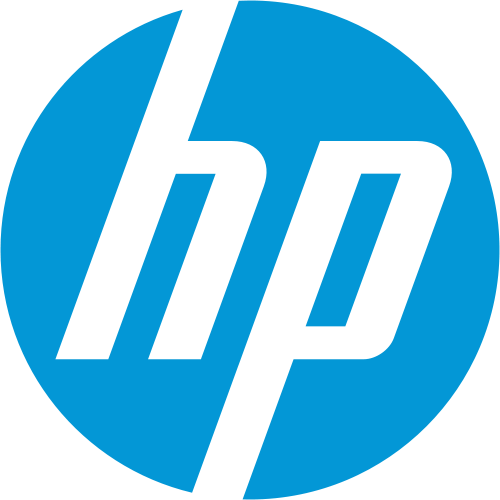
It is difficult to gin up a lot of enthusiasm for HP’s results though, because revenues were down in four of the company’s product groups. In the PC business, quarterly sales were down 2% year-over-year, the enterprise services group’s revenues fell 9%, software sales were also 9% lower and financial services revenues were down 6%. Only the enterprise group, which sells servers, storage and network devices and services, posted a gain and that just 2%. Even HP’s printing division showed a revenue decline of 1%, largely due to a 4% drop in high-margin consumables sales.
The decline of HP’s PC business should be no surprise, and its impact on PC-centric companies like Microsoft Corp. (NASDAQ: MSFT) and Intel Corp. (NASDAQ: INTC) will add to pressure on Microsoft’s operating systems business and Intel’s PC-chip business from sales declines at other PC makers like Dell, Lenovo, Apple and others.
Yet even Microsoft may have advantages over HP in the enterprise business. Microsoft has a large cloud computing operation, which has become ever more popular as data storage has moved from inside companies to remote locations. Microsoft’s position in the server market is huge. HP needs to increase market share to improve its revenue standing.
Global IT spending has slowed as well, and we need look no further for evidence than the revenue setbacks at International Business Machines Corp. (NYSE: IBM). IBM’s services businesses should be the envy of HP management. HP, again, needs to increase market share here if it intends to grow its revenues, but HP’s enterprise services sales fell 9% in the past 12 months.
Failing to gain market share in those areas where the company needs to show growth means that HP is not yet a threat to IBM or Microsoft in the enterprise services business, and the decline in PC sales is no help to Intel.
So, while HP’s shares were rising Wednesday, IBM and Microsoft probably got more good news from HP’s earnings than HP did. Intel probably was not expecting much, and HP delivered that as well.
HP’s shares are trading up about 7.3% in late morning trading on Wednesday at $27.01 in a 52-week range of $12.22 to $27.78.
Thank you for reading! Have some feedback for us?
Contact the 24/7 Wall St. editorial team.





